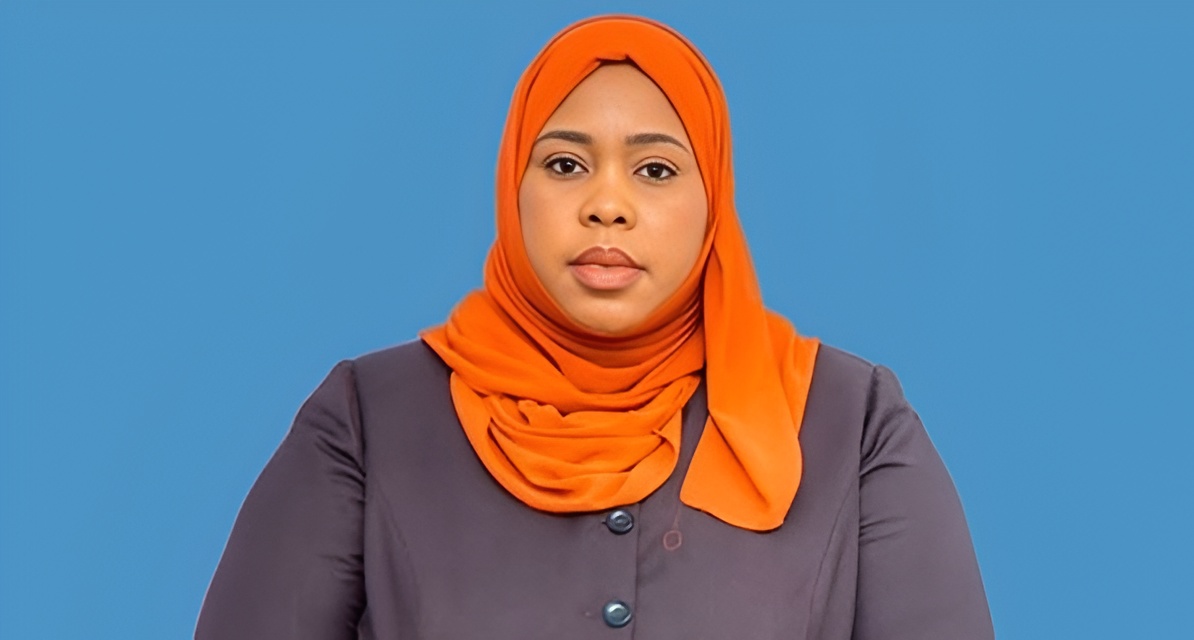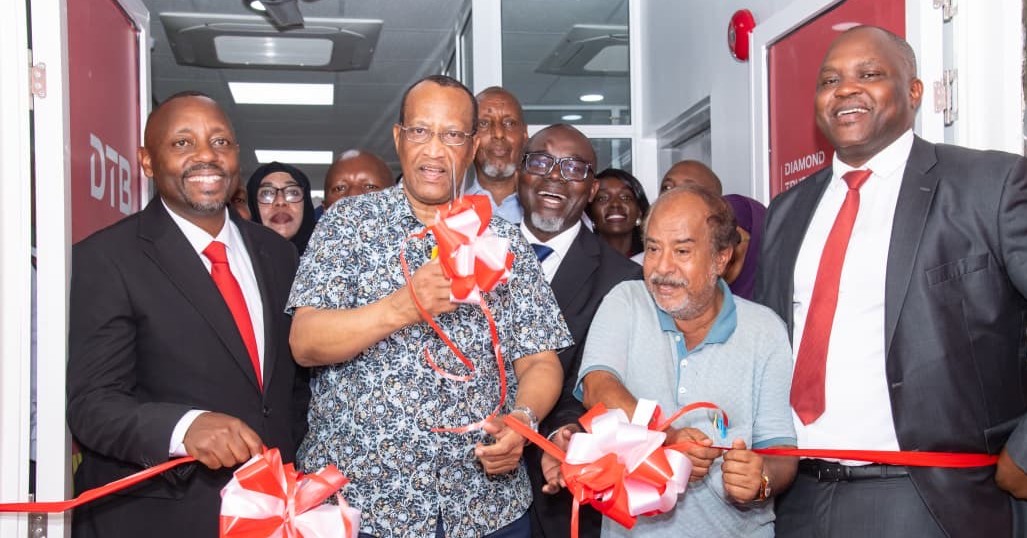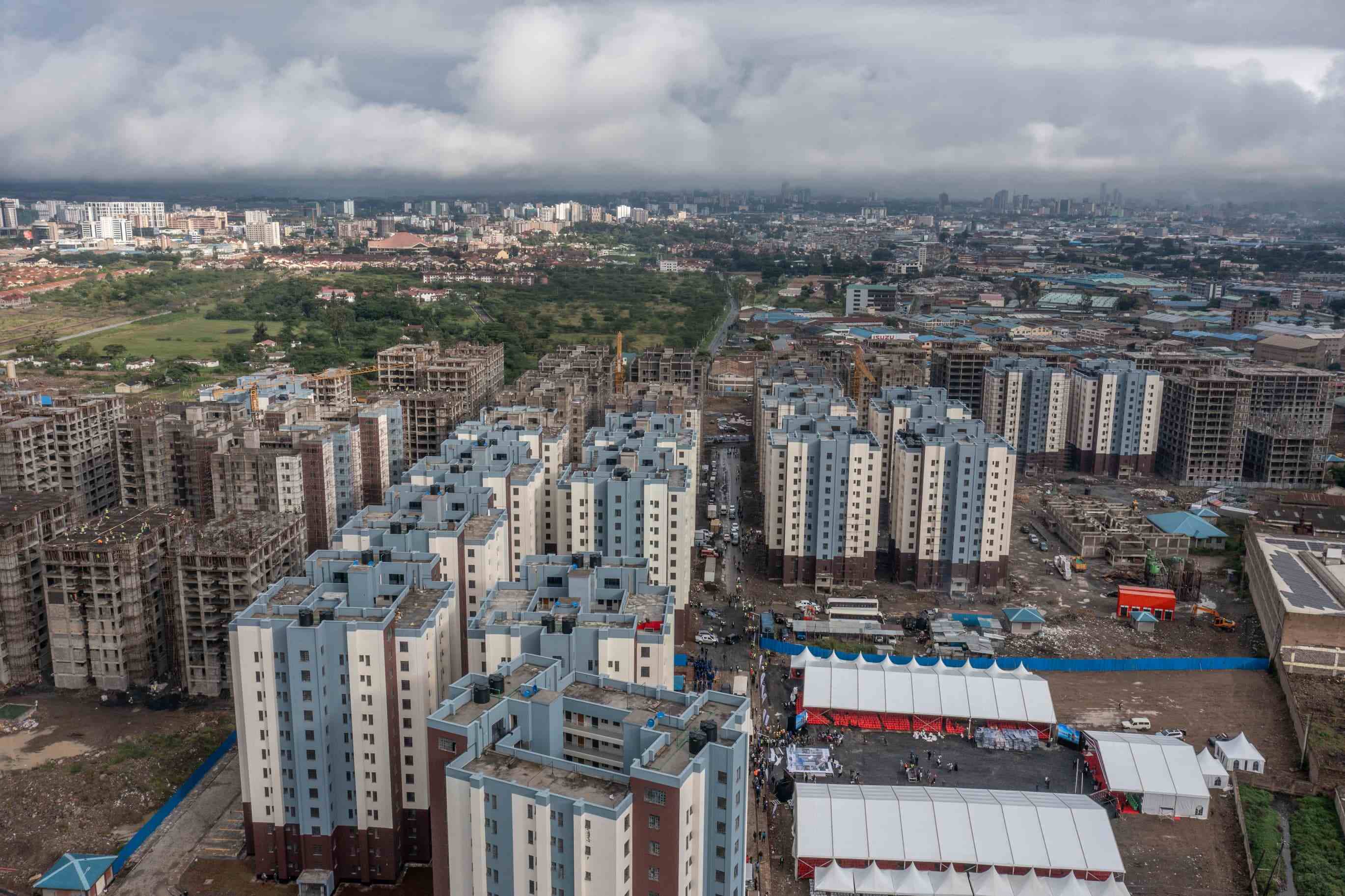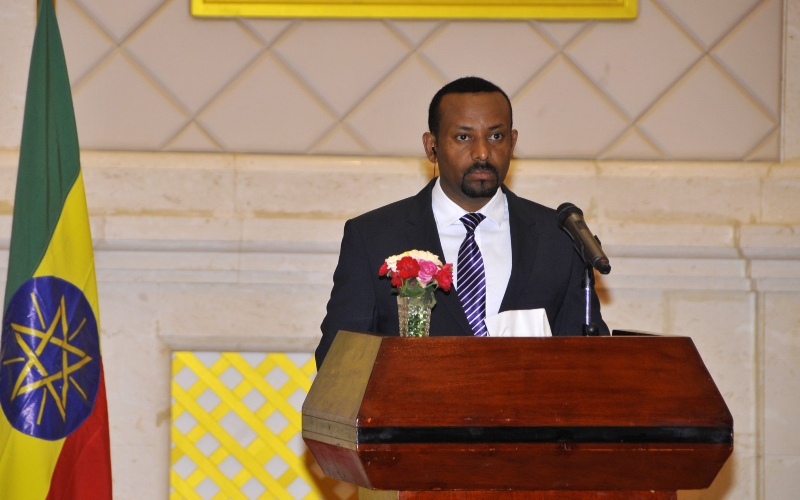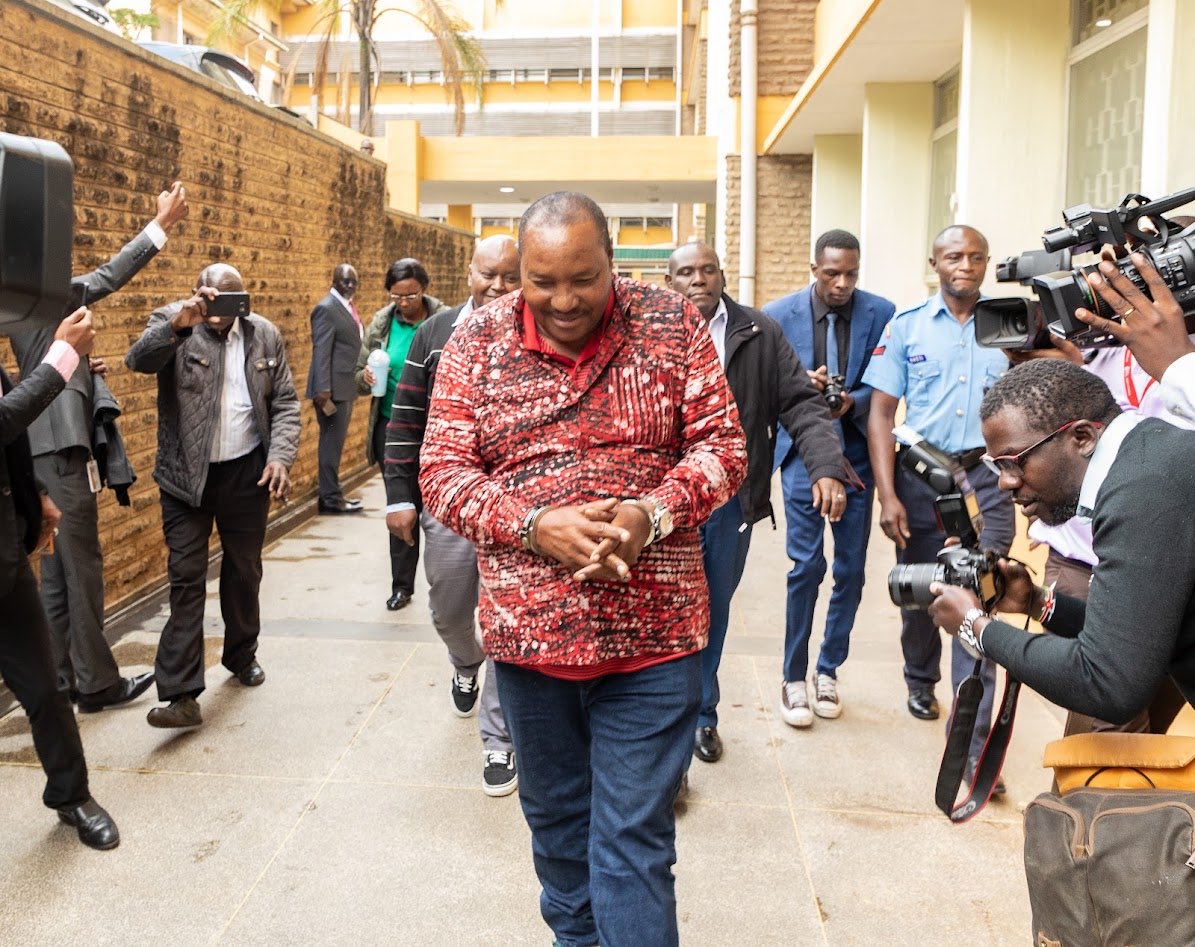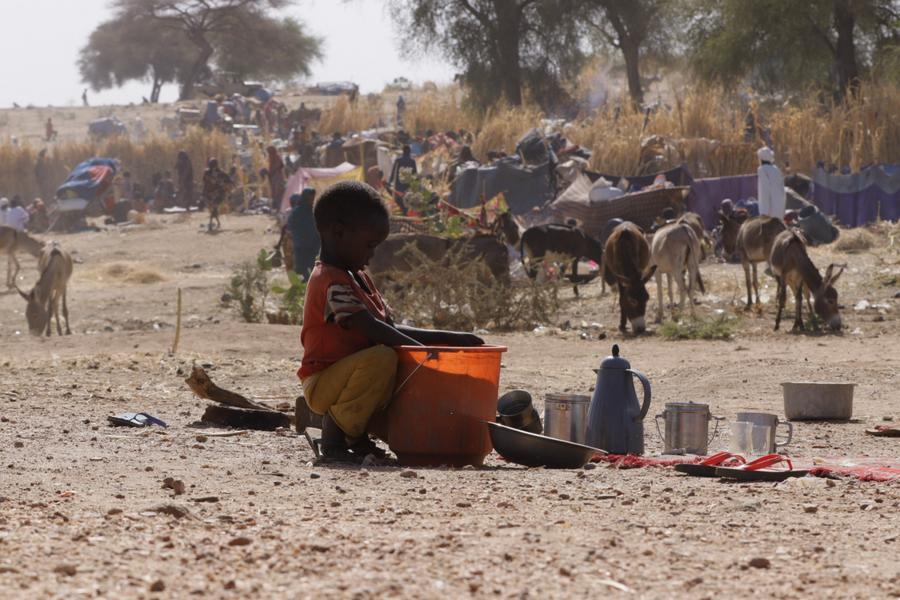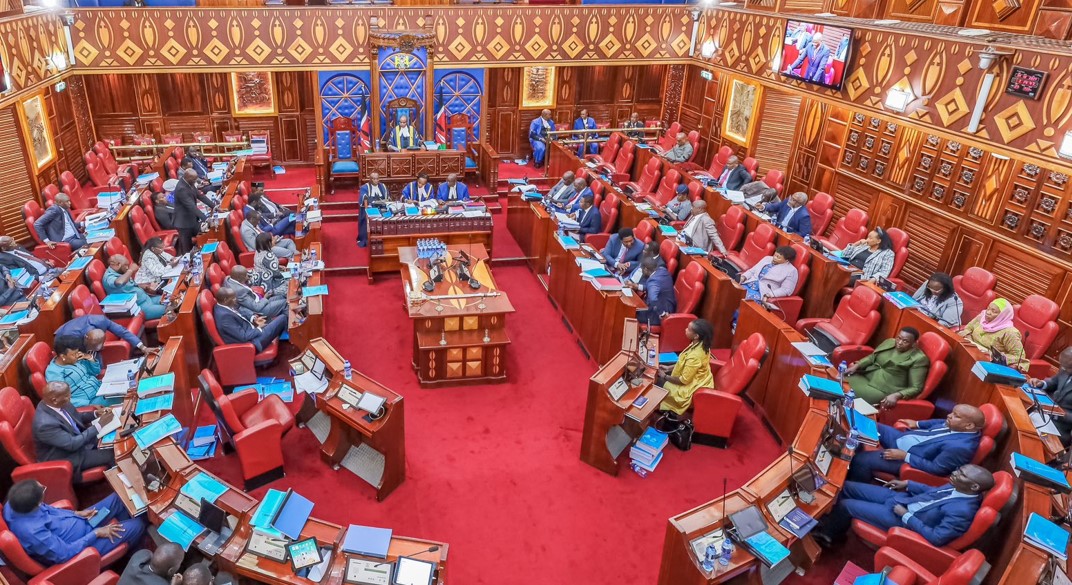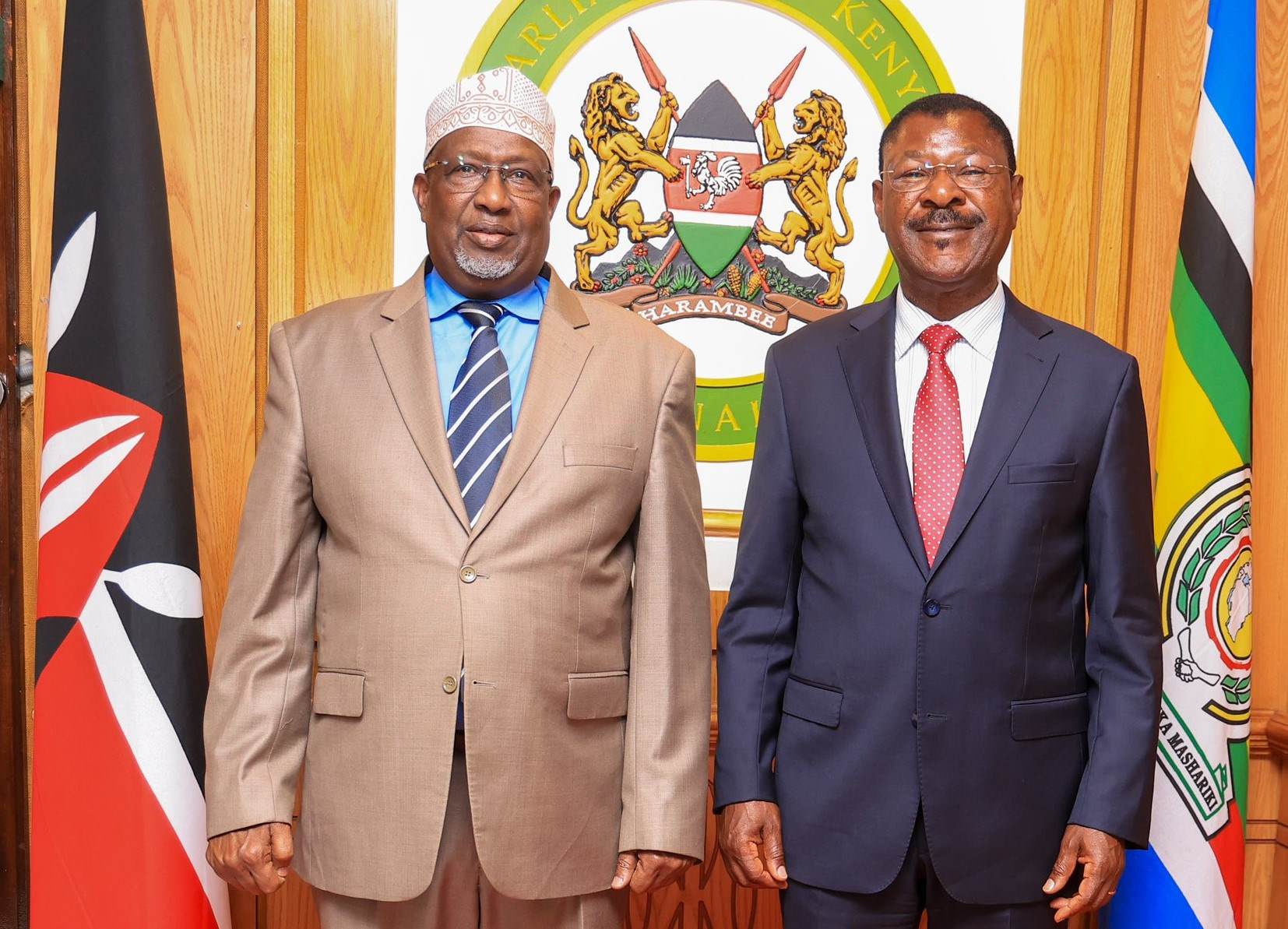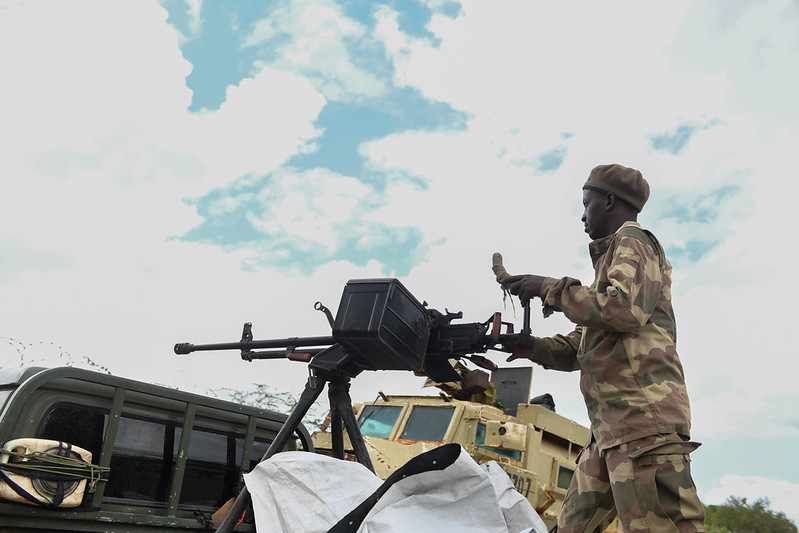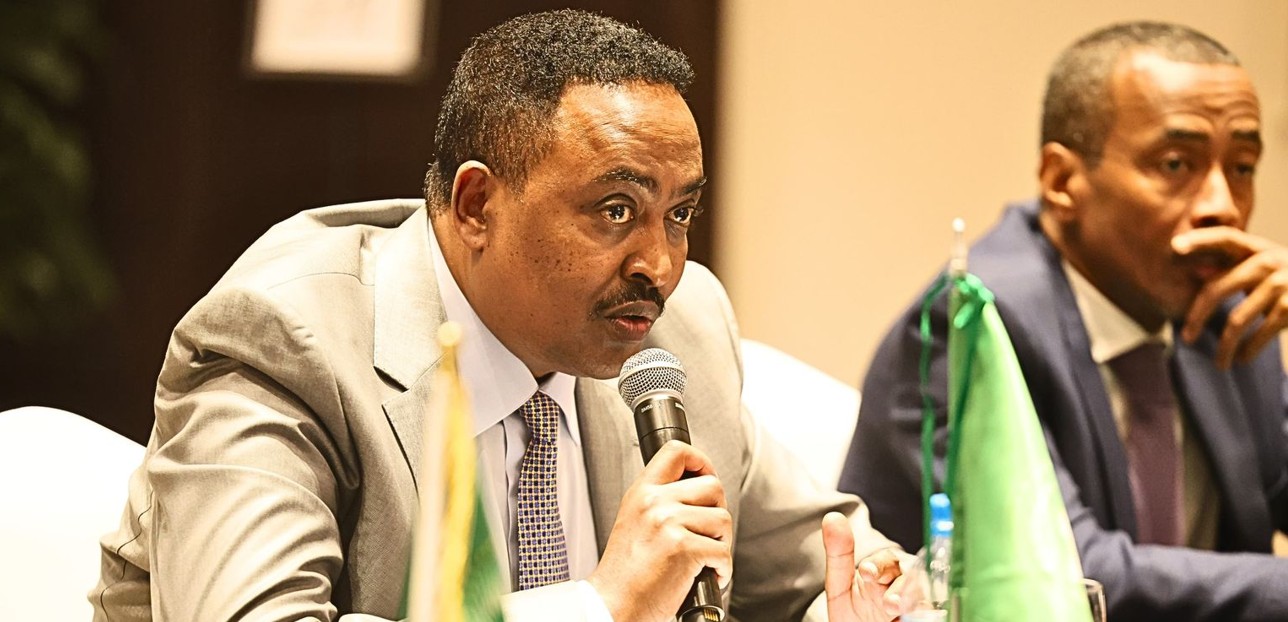Seven Kenyan men prove paternity case against BATUK soldiers

The seven proved their paternity through private DNA databases that identified their fathers as six soldiers who had served in the Army Training Unit and one who worked as a contractor.
Seven Kenyans have won a case at the Family Court in London proving they were fathered by British men, including soldiers stationed at the British Army Training Unit in Kenya (BATUK).
The seven proved their paternity through private DNA databases that identified their fathers as six soldiers who had served in the Army Training Unit and one who worked as a contractor.
According to a BBC report, the Kenyans were represented by British lawyer James Netto, who, together with leading geneticist Denise Syndercombe Court, had taken part in a project to collect DNA samples and testimonies from people in the Nanyuki region of Kenya.
More To Read
- Outcry as Communications Authority proposes DNA rule for SIM registration
- Rethinking consent in ancient DNA research: Who decides for the dead?
- Ex-British soldier arrested in UK over Agnes Wanjiru murder
- BATUK: How 1964 pact shaped Kenya’s military partnership with UK
- UK reaffirms support for justice in Agnes Wanjiru case in response to Kenyan inquiry
- Kenya commences extradition proceedings of British soldier accused of Agnes Wanjiru's murder
"For many families, today's hearing marks the end of an incredibly difficult journey that for so long felt impossible. Children and young people who previously only had questions now have answers," James Netto said.
During the DNA sample collection, the BBC reports that the lawyer and the geneticist encountered many people there who believed their fathers had served at nearby Batuk.
"Publicly available DNA databases were then used to try to locate any family members in the UK. It's the first time paternity has been proved in this way in a UK court. The decision opens the door for the offspring to apply for British citizenship," the BBC says.
In August this year, as part of the hearing, the High Court demanded the release of the names and addresses of 11 soldiers to children in Kenya they're suspected of fathering.
Consequently, some, like 33-year-old Peter Wambugu, one of the claimants, have since met their fathers.
Wambugu told the BBC that he grew up knowing that his father was a British soldier, but said they had never met. He confessed to having been bullied throughout his childhood for being of mixed race.
Wambugu, who has since re-united with his father, who said he had no idea he had a son, said all the pain "that I've been carrying all these 30 years, all the discrimination I get from people, that pain has come out as joy".
Luckily for him, his mother told him that his father "was a good man".
Another claimant stated that she had only met her father once, at the age of four. She added that growing up without him was tough, and she "felt extremely abandoned".
The process of linking up children with their British fathers, Netto said, would continue, for there were many more people near Batuk in a similar situation.
"The next step was to tackle more difficult cases, those who had little or no information about their fathers or family members," he said.
Some of the children in the lawsuit are hoping to have the soldiers named as their legal parents, which could mean they are entitled to British citizenship.
The Ministry of Defence told the BBC that while paternity claims against UK Service Personnel are a private life issue, the government cooperates with local child support authorities where there are claims relating to paternity.
Top Stories Today


